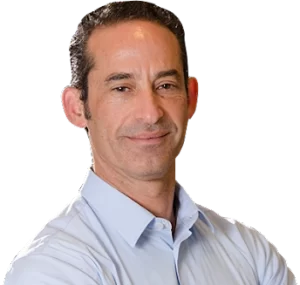Although it’s frequently overlooked, underrated, and misunderstood, sleep is critical to a healthy lifestyle. The value of sleep for health and well-being cannot be overstated because it is essential for our daily functioning, cognitive response, and general well-being.
Sleep disorders are more common than ever, and interest in alternative therapies is rising. According to the Sleep Foundation, 50-70 million Americans have ongoing sleep disorders. Millions of people around the world are now interested in learning about and improving the link between sleep and wellness.
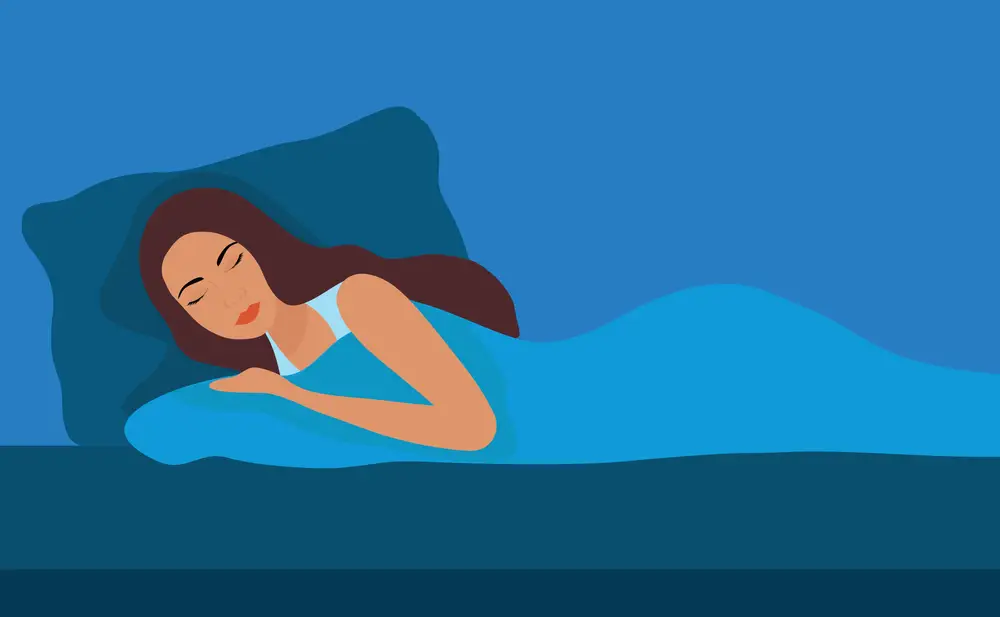
Our health and well-being depend heavily on getting enough sleep. Some alternative sleep remedies are becoming increasingly accepted because of their effectiveness. The right amount of sleep has a variety of potential benefits. This blog will cover conventional treatments, over-the-counter sleep aids, prescription medications, alternative therapies, and tips that may be helpful to you.
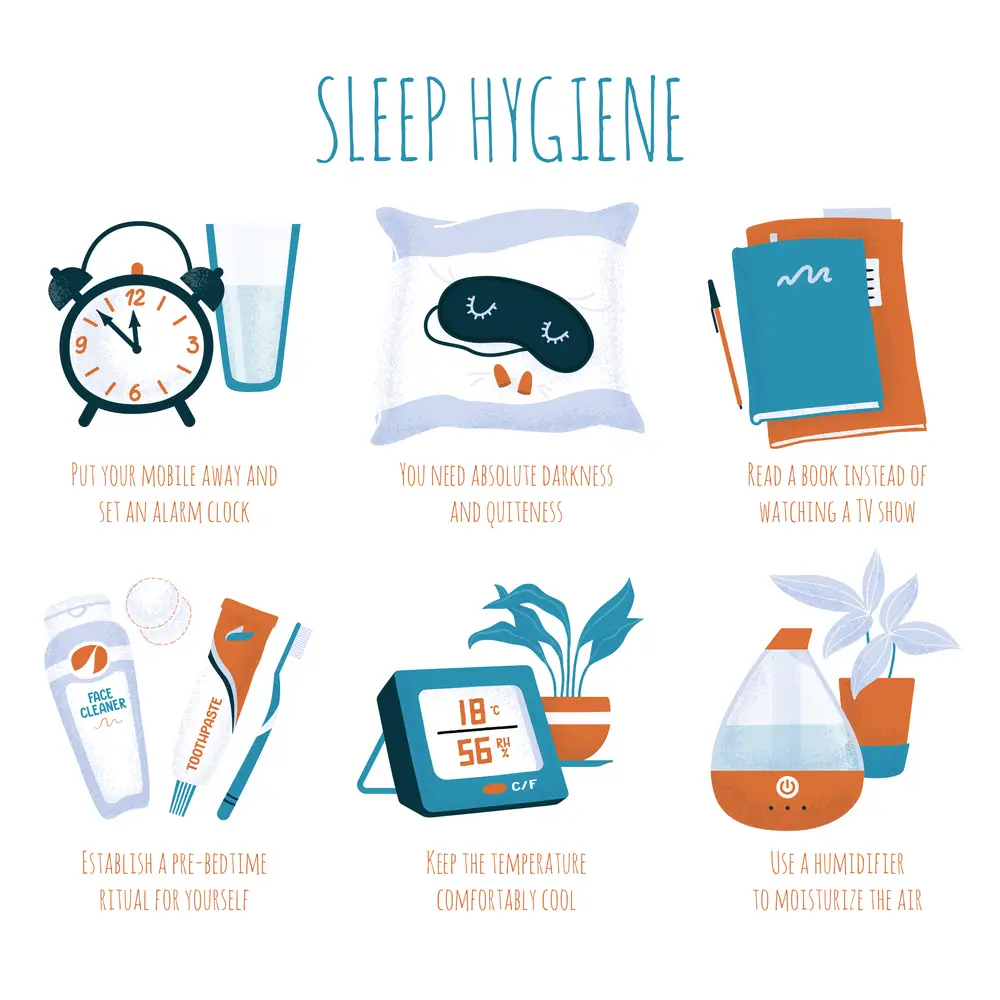
Health Risks of Poor Sleep:
Neglecting sleep can lead to a host of health issues. Sleep hygiene is important. If you’re struggling with poor sleep quality, consider potential remedies, such as:
- Lifestyle modifications: Ensure you’re getting regular exercise, eating a balanced diet, and managing stress effectively.
- Sleep environment improvements: After creating a comfortable, dark, and quiet sleep space, free of distractions and you consume some pot you should sleep better.
How to deal with sleep deprivation
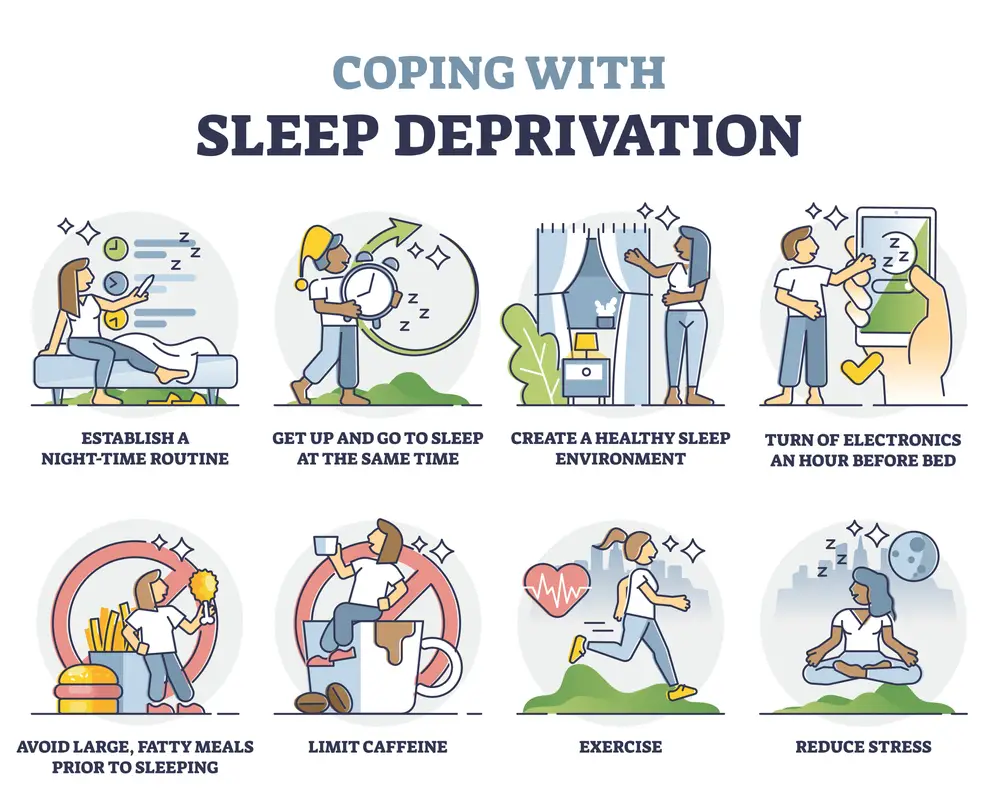
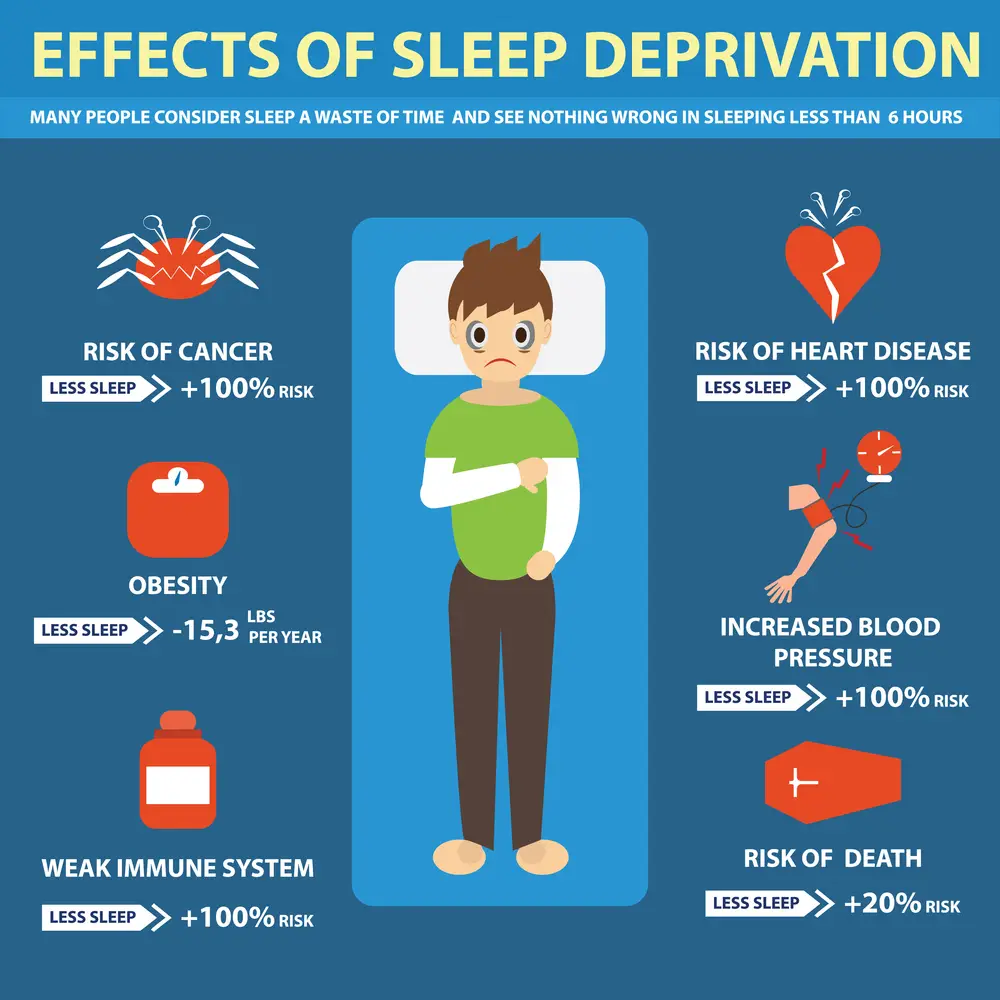
How Are Sleep and Wellness are Connected?
Sleep is a critical part of our overall health, allowing our bodies to repair, restore, and rejuvenate. Lacking the proper quality and time of sleep may lead to a variety of health issues;
- Immune system impairment: Sleep deprivation can result in suppression of the immune system making you more susceptible to infections and illnesses.
- Cognitive decline: Inadequate or low quality of sleep can negatively impact memory, concentration, decision-making, and learning abilities.
- Emotional instability: Lack of sleep can cause mood swings, increased irritability, anxiety, and depression. Sleep deprivation consequences may affect mental health increasing the potential for mood disorders like anxiety, depression, and cognitive decline.
- Weight gain: Sleep deprivation increases the risk of obesity as a result of disrupting hormone regulation leading to overeating. Approximately 23.5 million American adults have obstructive sleep apnea (OSA) and 67% of people who have OSA are overweight.
- Increased risk of accidents: Fatigue caused by sleep deprivation increases the risk of getting into car accidents or injuries while driving or in the workplace.
- Cardiovascular issues: Chronic sleep deprivation has been linked to an increased risk of hypertension, heart disease, and stroke.
- Hormonal imbalances: Poor sleep can disrupt the balance of essential hormones, such as cortisol and insulin, causing health complications.
- Premature aging: Inadequate sleep can accelerate the aging process, increasing the development of fine lines, wrinkles, and uneven skin tone.
- Lowered stress resilience: Sleep-deprived individuals are more likely to experience stress and struggle to manage it which can negatively impact overall health and well-being.
- Increased Risk of Diabetes: Lack of sleep for an extended period of time increases the risk of type 2 diabetes.
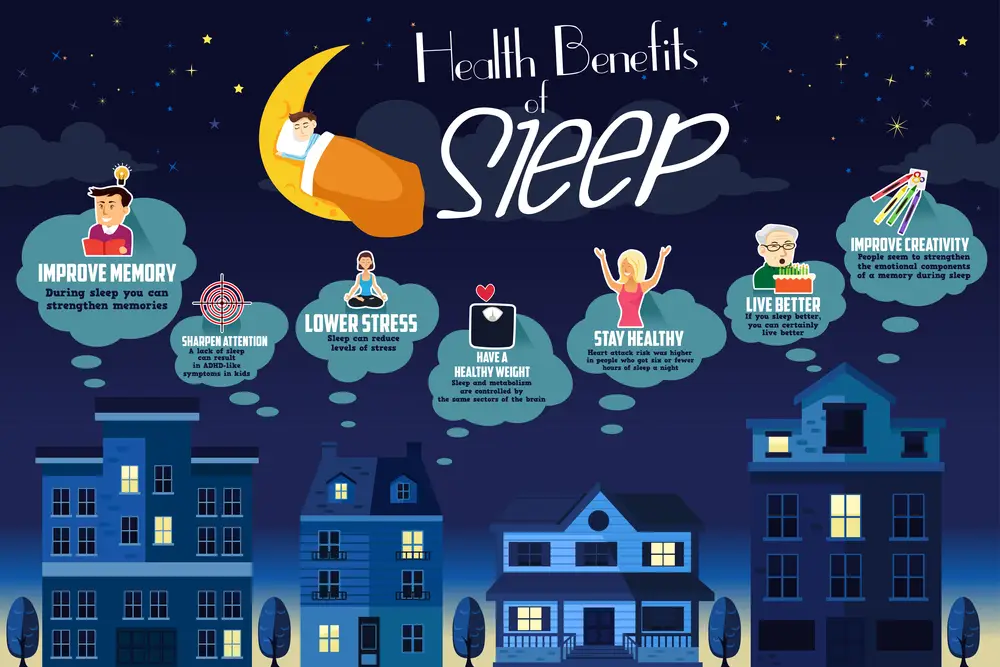
The Health Benefits of Restful Sleep:
- Helps to maintain a strong immune system
- Improves mental acuity and memory
- Positively impacts mental and emotional health
- Reduces stress and inflammation
- Contributes to healthy metabolism and weight
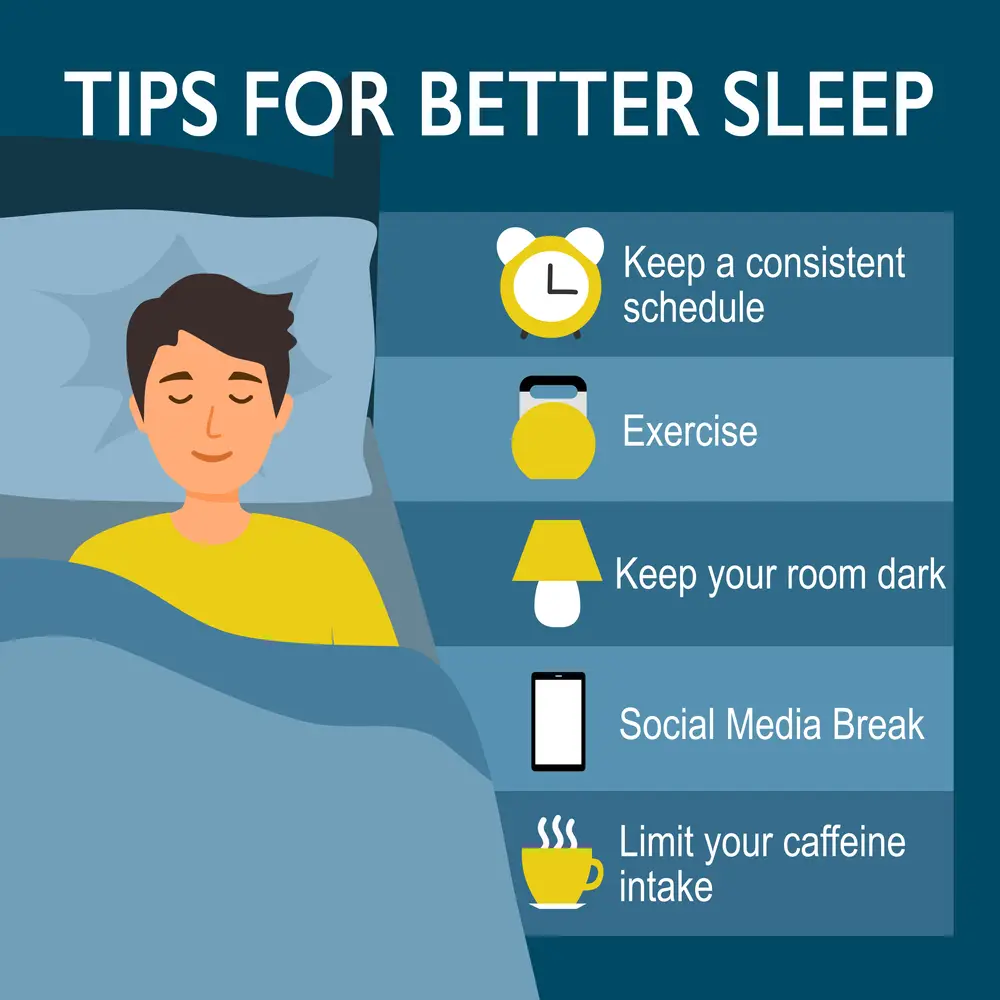
10 Sleep Aid Tips:
- Establish a sleep schedule: By controlling your body’s internal clock, you can improve the quality of your sleep. Try to set regular bedtimes and wake-up times.
- Limit your intake of alcohol and stimulants: They can disrupt your sleep cycle. This includes caffeine and alcohol.
- Establish a relaxing bedtime routine: Set up a bedtime ritual that involves reading a book or taking a warm bath, to signal your body that it’s time to unwind, rest, and sleep.
- Create a peaceful environment: make sure your bedroom is quiet, dark, and cozy to promote restful sleep.
- Exercise frequently: Regular physical activity should improve your sleep, make you feel better, and reduce your stress levels. Unless otherwise necessary it’s best to exercise during the day.
- Manage stress and anxiety: Practice stress-reduction techniques, such as deep breathing exercises, yoga, or meditation, to help relax your mind and body.
- Limit screen time before bed: Avoid electronic devices like smartphones, tablets, and televisions at least one hour before bedtime to reduce exposure to blue light and encourage relaxation.
- Evaluate your sleep surface: Invest in a comfortable and supportive mattress, pillows, and bedding to maximize sleep comfort.
- Avoid heavy meals close to bedtime: Refrain from consuming large, heavy meals within a few hours to prevent indigestion and sleep disturbances.
- Consult a healthcare professional: If sleep issues persist, seek medical advice to identify potential underlying causes and explore appropriate treatment options.
Prescription Sleep Aids
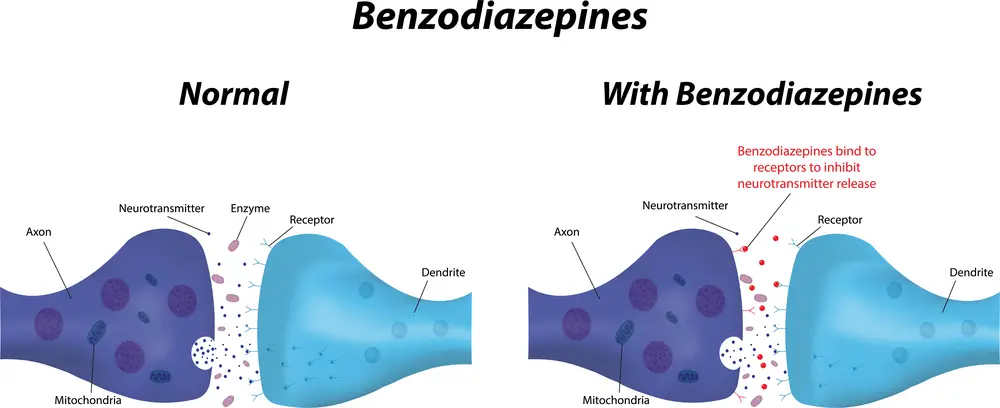
1. Benzodiazepines (Temazepam, Lorazepam):
These medications are sedatives that work by slowing down brain activity, helping a consumer fall and stay asleep. They are commonly called “benzos.”
- Contraindications: People with a history of drug or alcohol abuse, severe respiratory problems, or certain types of glaucoma should avoid benzodiazepines.
- Efficacy: Benzodiazepines are generally effective for short-term use but can cause dependence and may lose their effectiveness over time. There is a significant risk of addiction with prolonged use.
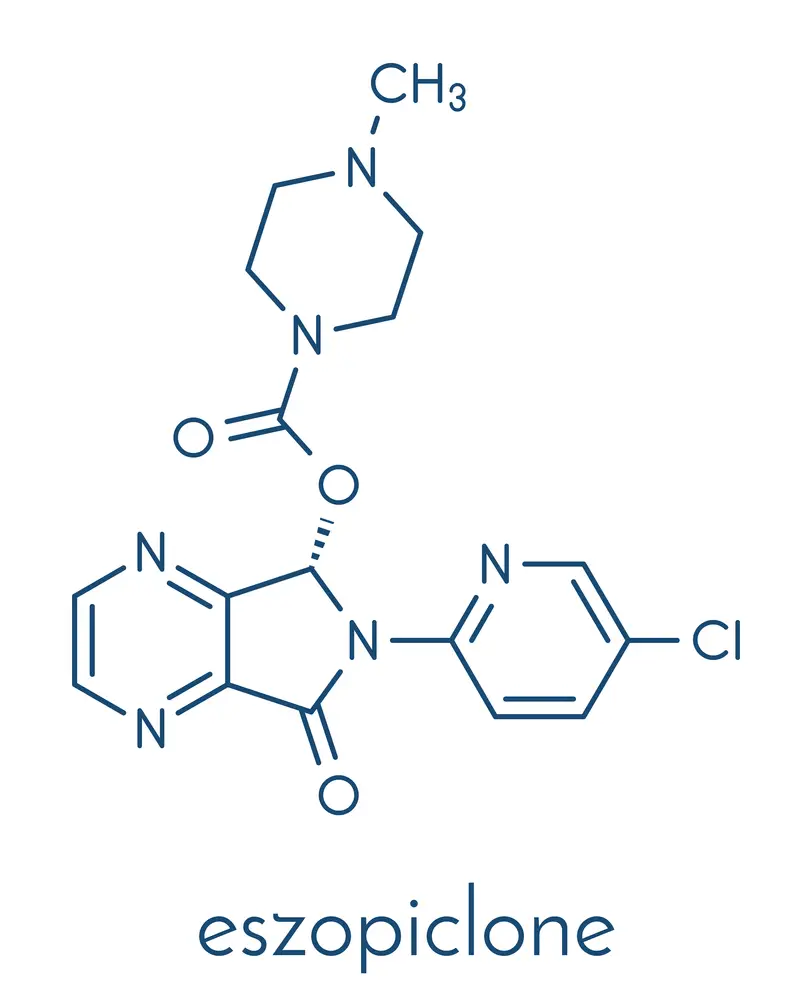
2. Non-benzodiazepine Sedatives (Eszopiclone, Zolpidem):
Sometimes called “Z-drugs,” these medications work similarly to benzos but with fewer side effects and a lower risk of dependence.
- Contraindications: People with severe liver or kidney problems, certain types of glaucoma, or a history of sleepwalking should avoid these medications.
- Efficacy: Non-benzodiazepine sedatives are effective for short-term use and can help improve sleep quality without causing significant disruptions to sleep architecture.
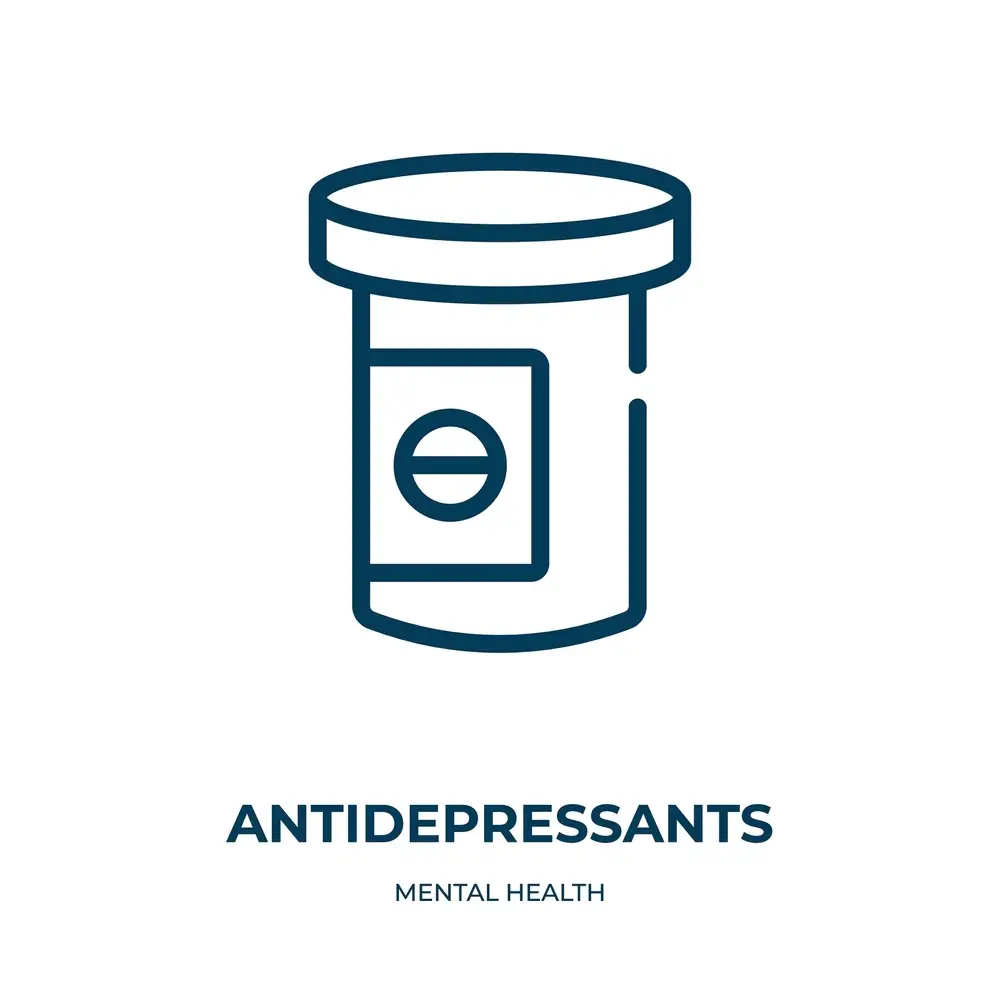
3. Antidepressants (Trazodone, Amitriptyline):
Some antidepressants have sedative effects that may help people with insomnia brought on by depression or anxiety sleep better.
- Contraindications: Before using antidepressants, people with a history of heart issues, seizures, or bipolar disorder should talk with their doctor.
- Efficacy: Antidepressants may be effective at enhancing sleep for some people when they are being used to treat underlying mood disorders that contribute to their insomnia.
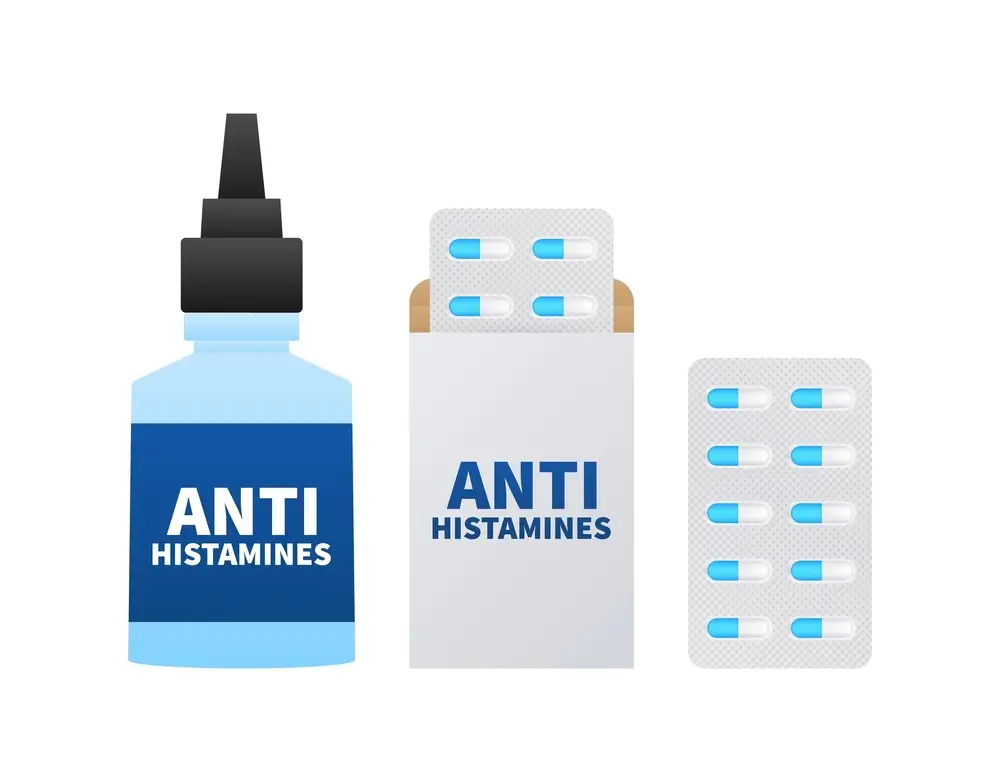
4. Antihistamines (Diphenhydramine, Doxylamine):
Over-the-counter (OTC) sleep medications containing antihistamines help make you drowsy. They can improve sleep quality but should only be used short term.
- Contraindications: Individuals who have asthma, chronic obstructive pulmonary disease (COPD), or an enlarged prostate should avoid using antihistamines for sleep.
- Efficacy: Antihistamines may be effective for sleep difficulties resulting from allergies, hay fever, hives, conjunctivitis, or reactions to bites or stings from insects. Their effectiveness decreases by being used frequently. They can also cause daytime drowsiness.

5. Melatonin Receptor Agonists (Ramelteon):
These medications mimic the effects of melatonin, which is a natural hormone that regulates the sleep-wake cycle.
- Contraindications: People with severe liver problems or a history of sleepwalking should avoid melatonin receptor agonists.
- Efficacy: Melatonin receptor agonists can effectively treat insomnia related to circadian rhythm disruptions, such as jet lag or shift work sleep disorder.
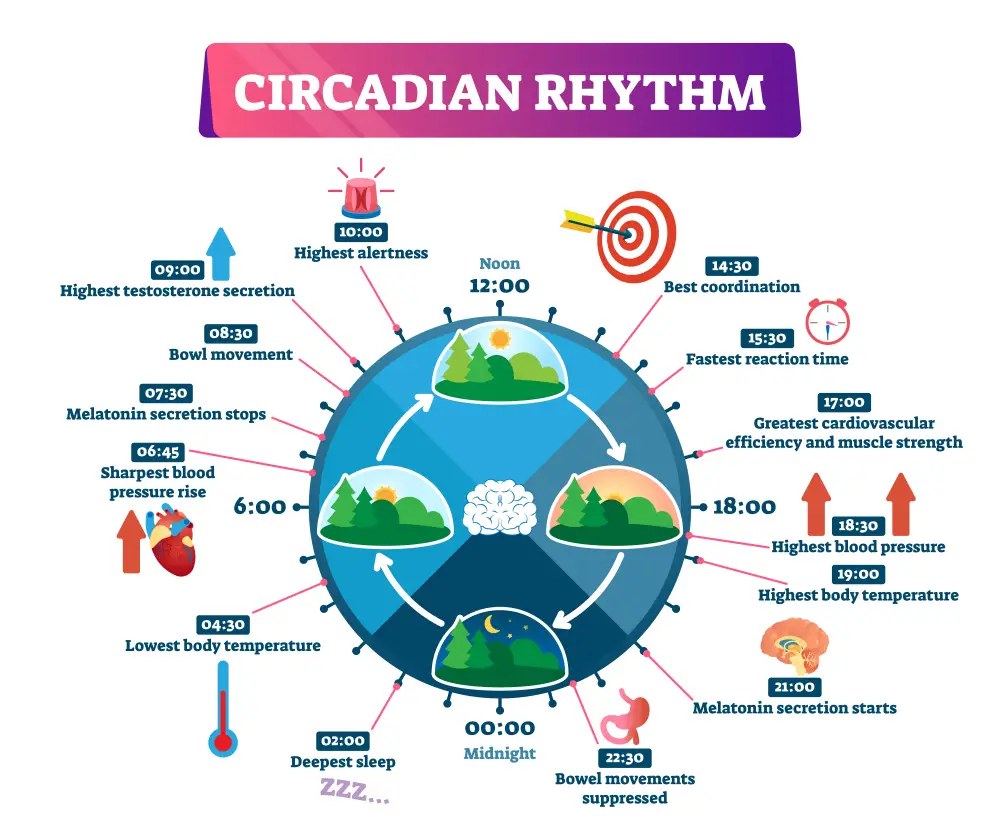
Before trying any new sleep aids, pay attention to your circadian rhythm and notice behavioral, physical, and mental changes following the 24-hour cycle. Afterward, discuss what you experienced with a qualified healthcare professional and ask for guidance on which medications are suitable and safe for you. Your doctor can help determine the best course of action based on your medical history, symptoms, and specific sleep concerns.
11 Alternative Options for Better Sleep Quality:
- Melatonin supplements: Consider taking melatonin, a natural sleep hormone, to help regulate your sleep-wake cycle and promote restful sleep.
- Aromatherapy: Use essential oils, such as lavender or chamomile, to create a soothing atmosphere and encourage relaxation before bedtime.
- Herbal teas: Drink caffeine-free herbal teas, like chamomile or valerian root, to help relax your body and ease you into sleep.
- Acupuncture: Explore acupuncture, an ancient Chinese therapy involving the insertion of extremely thin needles into specific points on the body that may help improve sleep quality.
- White noise machines: Use a white noise machine or a fan to create a consistent, soothing sound that can help mask outside noises and promote relaxation.
- Mindfulness meditation: Practice mindfulness meditation to help focus your thoughts and reduce anxiety, promoting better sleep quality.
- Progressive muscle relaxation: Implement progressive muscle relaxation techniques, which involve repetitive tensing and relaxing muscle groups to help release physical tension and encourage sleep.
- Weighted blankets: Consider using a weighted blanket, which can provide gentle pressure and a sense of security, potentially improving sleep quality for some individuals.
- Light therapy: If your sleep issues are related to circadian rhythm disruptions, consider light therapy to help regulate your sleep-wake cycle.
- Cognitive-behavioral therapy (CBT): CBT is a structured program that helps you identify and replace negative thoughts and behaviors contributing to sleep problems. It may work for those that have insomnia.
- Cannabis: Also known as marijuana, weed, ganja, or herb amongst many nicknames has undeniable efficacy for sleep. Weed has been used for centuries to improve sleep and offers a distinct advantage for sleep quality.
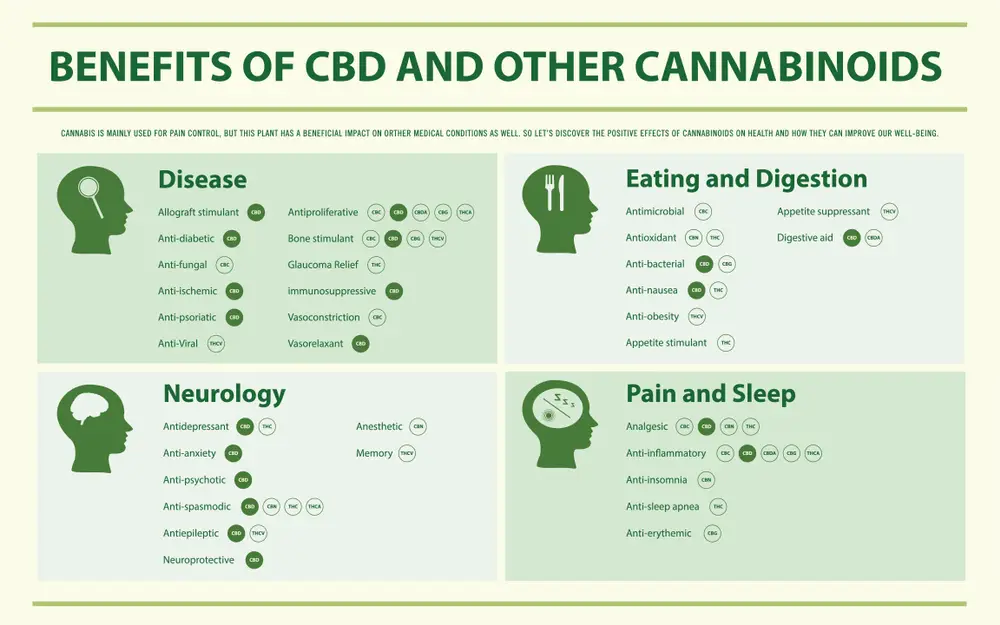
Medical Marijuana (MMJ) and Sleep Quality
Research has shown that medical cannabis can effectively improve various sleep disorders, from insomnia to sleep apnea and even restless legs syndrome (RLS).
Ways cannabis can improve sleep:
- Insomnia relief with medical marijuana: Cannabis can help induce relaxation and calm the mind, making it easier to fall asleep and stay asleep.
- Cannabis helps sleep regulation: Medical marijuana has been shown to help regulate the sleep-wake cycle, promoting a more consistent and restful sleep pattern.
- REM sleep and cannabinoid therapy: Studies suggest that certain cannabinoids, like CBD and THC, can help increase the duration of REM sleep, which is essential for memory consolidation and emotional regulation.
- Holistic Sleep Solutions and Cannabis: For individuals looking to improve their sleep hygiene and overall sleep quality medical cannabis may be a viable option.
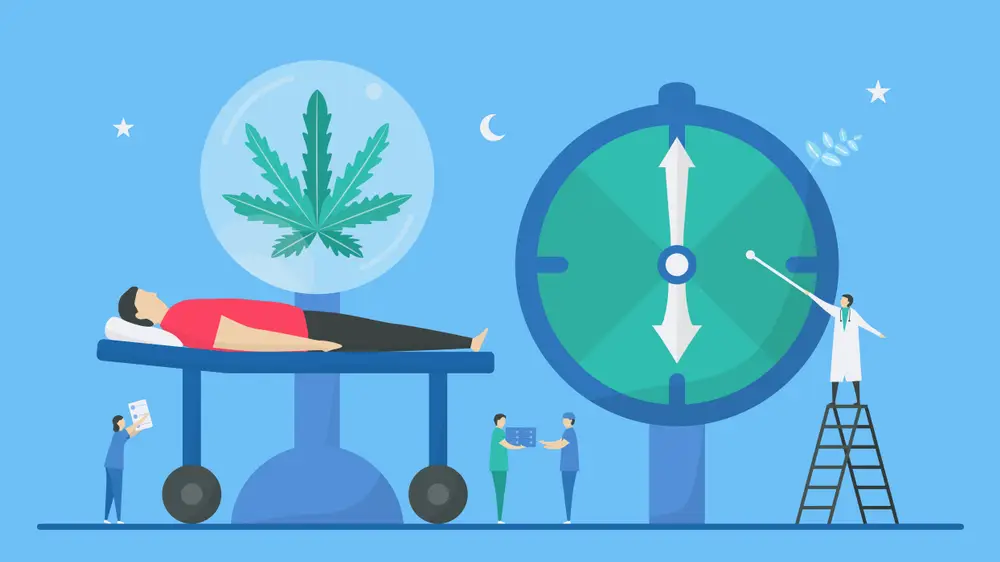
How Marijuana Helps Improve Sleep:
- Cannabis can help improve restorative sleep: Adequate sleep is essential according to a study published in the Journal of Clinical Sleep Medicine for maintaining overall health and well-being.
- Improved mental and emotional health: Cannabis can improve the quality of sleep which is crucial for reducing stress, anxiety, and depression, leading to better mental and emotional well-being.
- Enhanced cognitive function: When the brain and body are well rested the brain is more equipped to process information, make decisions, and learn new skills.
- Stronger immune system: Adequate sleep enables your immune system to function optimally, helping to protect against illness and infection.
- Reduced inflammation: Marijuana helps reduce chronic inflammation, which can contribute to numerous health problems. Reducing inflammation and getting more restorative sleep have been shown to improve quality of life.
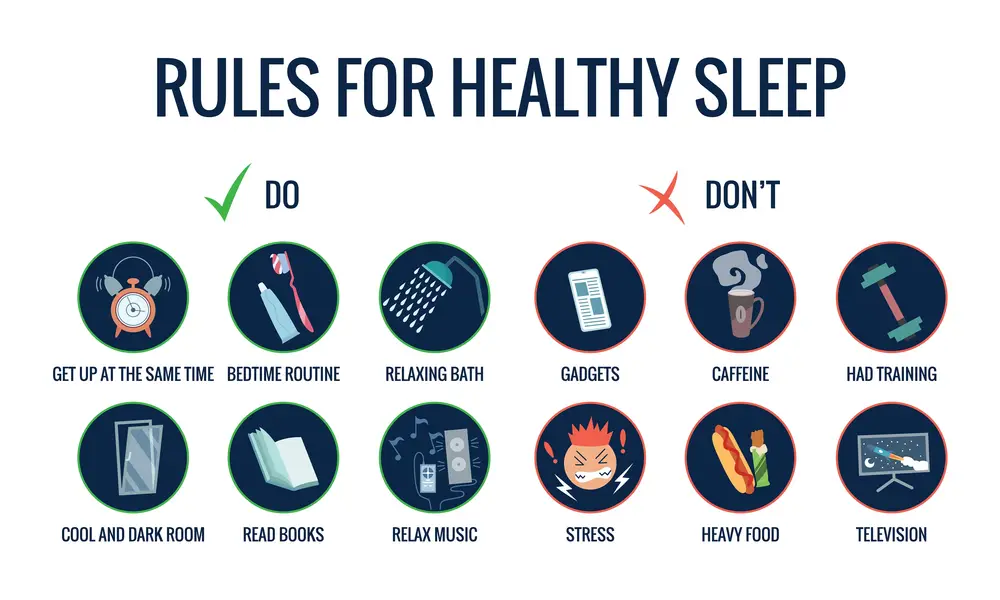
In order to have medical marijuana improve your sleep routine:
- Get evaluated for a medical marijuana card: Consult with a healthcare professional to determine if medical cannabis is an appropriate treatment option for your sleep-related issues.
- Explore different cannabis strains and delivery methods: Experiment with various strains, products, and consumption methods of medical marijuana to find the most effective and convenient option for you.
- Practice good sleep habits: In addition to using medical cannabis, ensure you are maintaining a consistent sleep schedule, create a comfortable sleep environment, and avoid stimulating activities before bedtime.
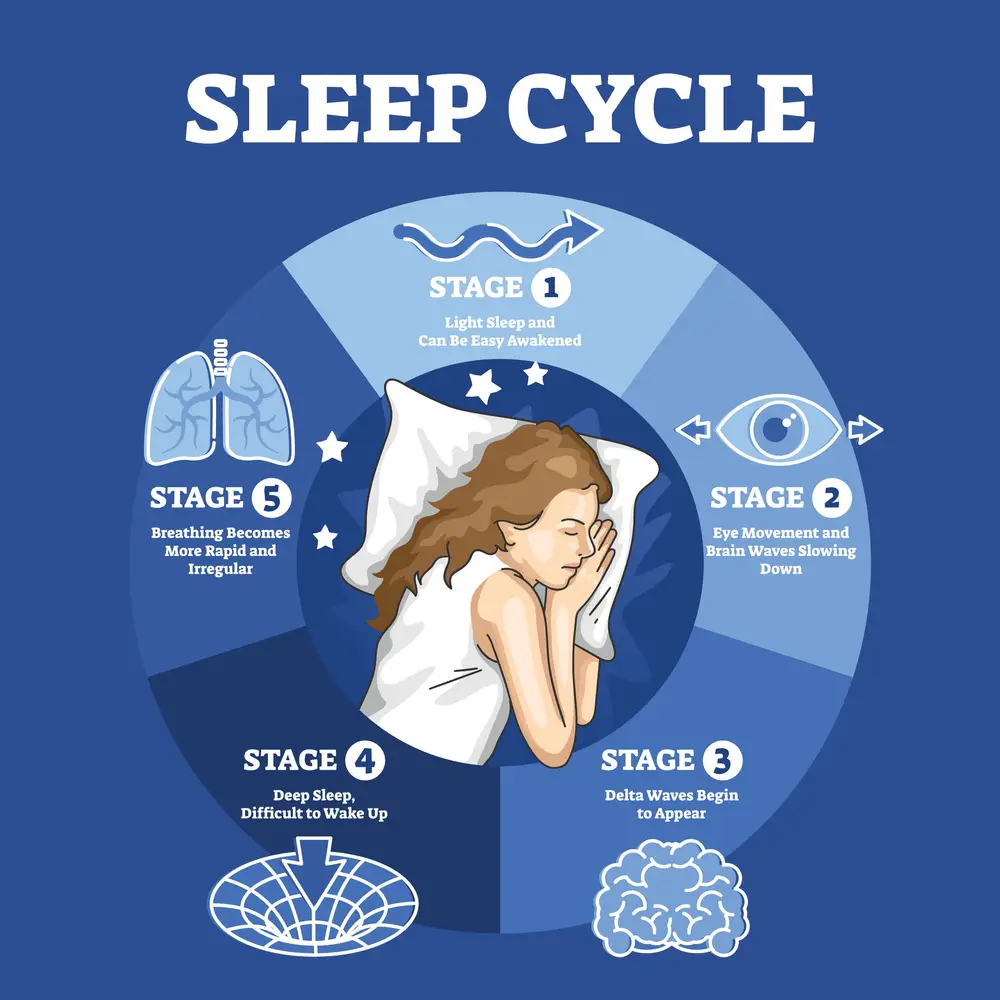
Sleep Patterns
Recognizing sleep patterns is important in determining effective treatment options, including medical cannabis. Monitor your sleep cycle and identify irregularities or disturbances that may contribute to poor sleep. Some factors to consider when assessing your sleep patterns are:
- Duration of sleep: Are you getting the recommended 7-9 hours of sleep each night?
- Sleep consistency: Do you go to bed and wake up at the same time every day?
- Sleep interruptions: Are you experiencing frequent awakenings or difficulty falling back asleep?
FAQs:
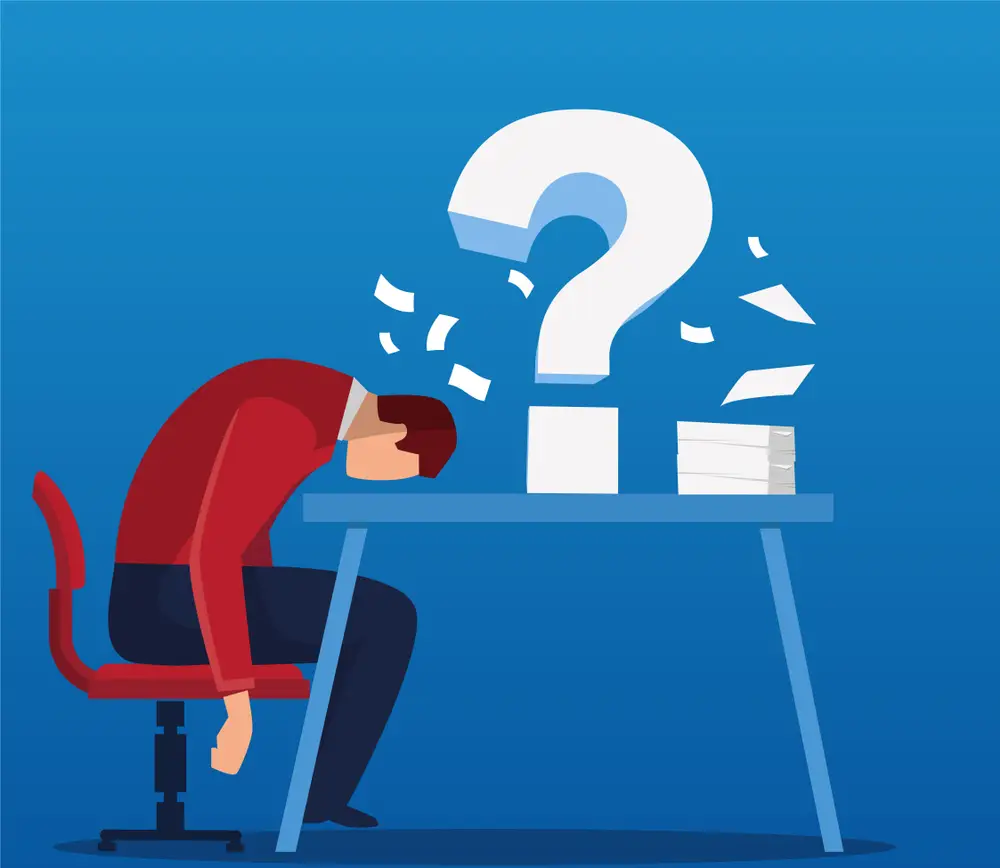
Consult a qualified healthcare professional and get evaluated. A doctor will review your medical history and determine if medical cannabis is an appropriate treatment option for your sleep disorder. Once a marijuana doctor approves you, they will issue a recommendation for a medical marijuana card that you will need to register with the state where you reside.
Poor sleep habits can contribute to health issues like obesity, diabetes, cardiovascular disease, and impaired immune function. Potential remedies to consider to improve sleep include relaxation techniques (breathing exercises), natural herbs, tea or supplements, prescription medications, or medical marijuana.
Medical marijuana can improve sleep by promoting relaxation and lengthening REM sleep. Cannabinoids can influence the endocannabinoid system (ECS). THC influences the CB1 receptors within the central nervous system, producing a two-fold impact on slumber. In smaller quantities, THC can diminish the time it takes to drift off, making it easier to fall asleep while promoting deep sleep stages and lengthening overall sleep duration.
MMJ As a Sleep Aid
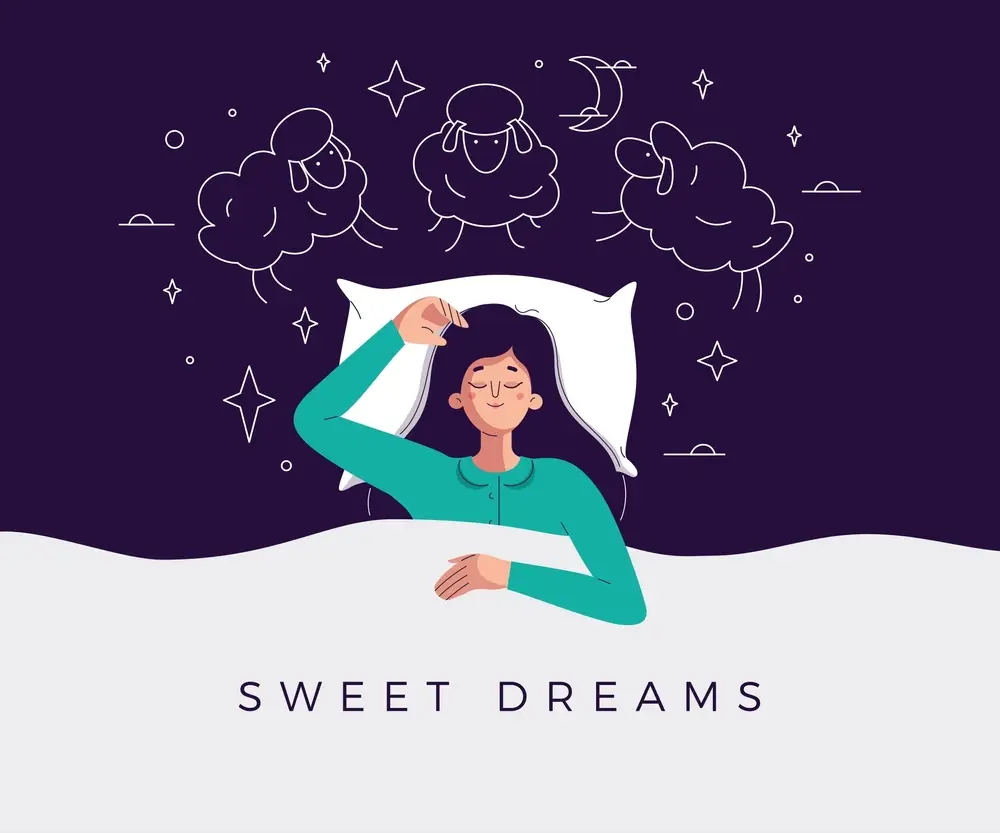
Using marijuana to aid sleep may be an effective solution for a person who has inconsistent or disturbed sleep patterns. Not only do research studies reflect its efficacy, but tens of thousands of people say medical marijuana helps remedy their sleep disorders and that they enjoy satisfying health benefits.
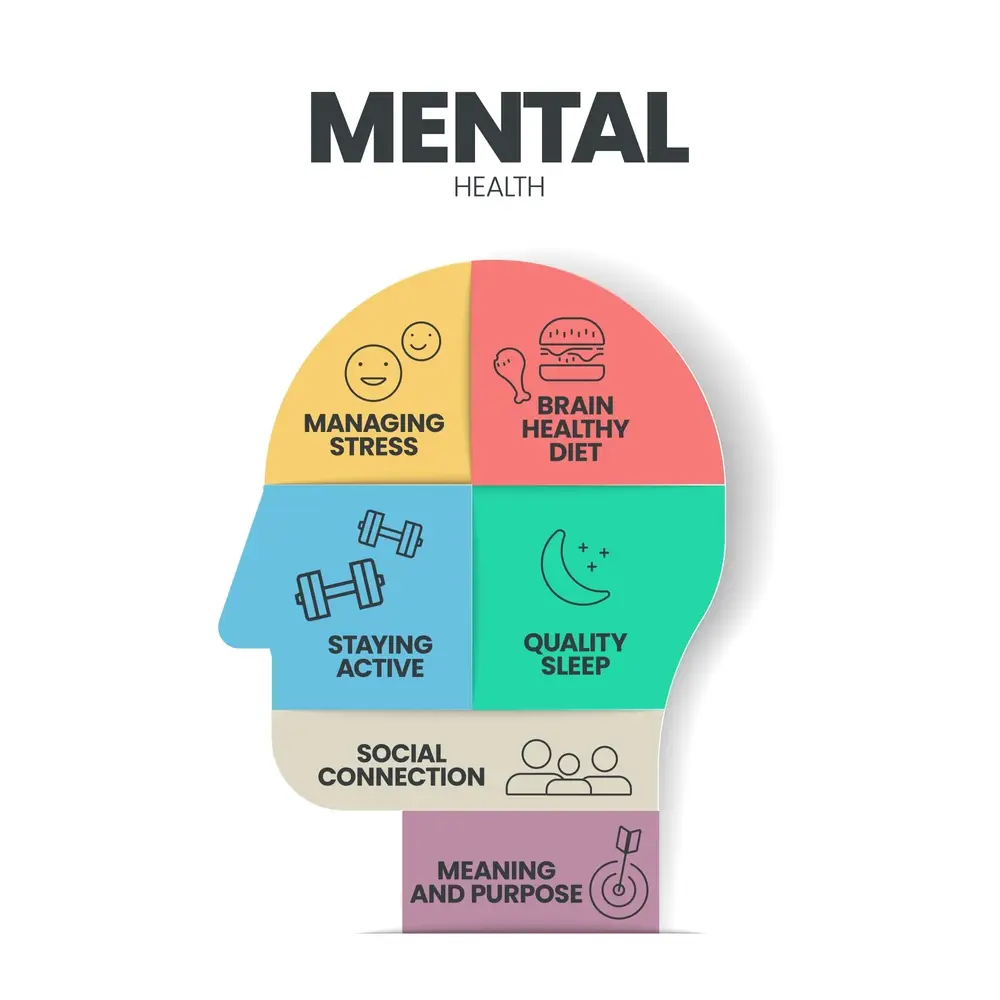
Medical interventions may be necessary if sleep issues persist. Sleep is important to overall health and well-being, and medical marijuana presents a promising alternative for people who struggle with sleep disorders. A person may experience better sleep patterns and improved general health by getting a cannabis certification for a sleep disorder and incorporating marijuana use into a pre-sleep routine.
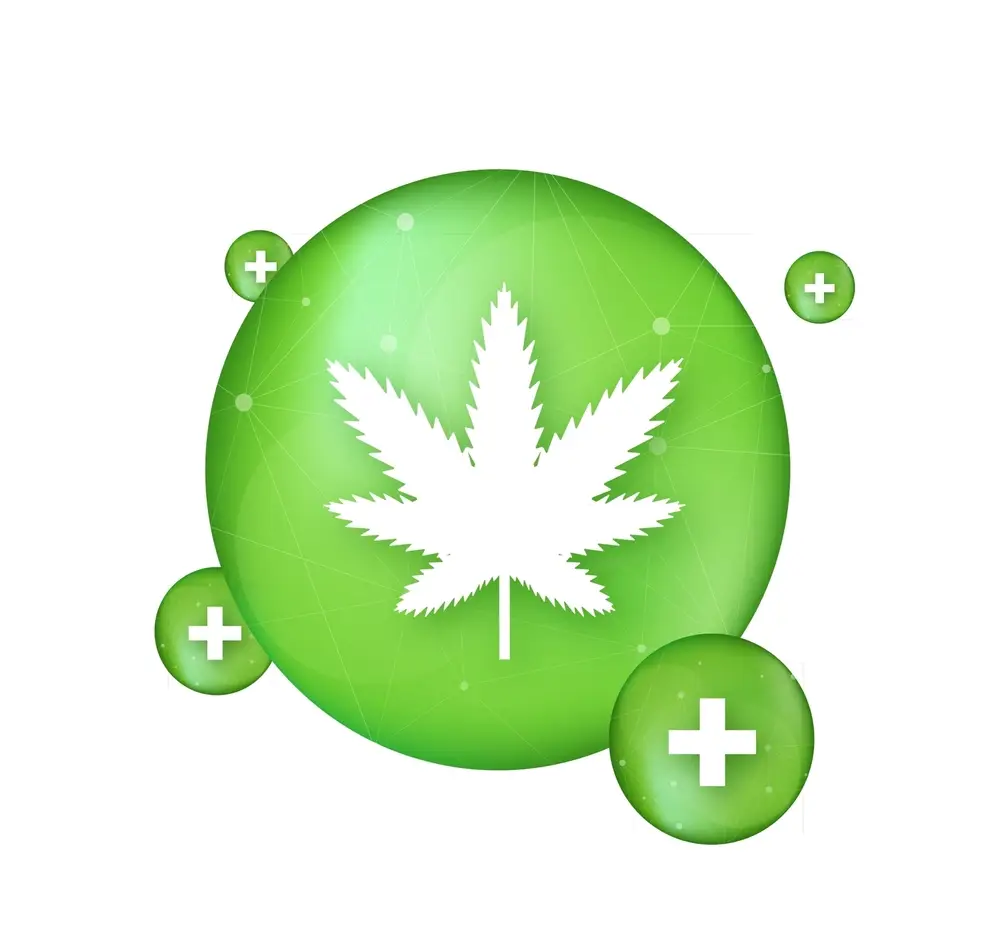
As always, please consult your qualified healthcare provider and ask if you qualify for a medical marijuana card and if they think you will benefit from the plant or its derivatives. If other conventional methods have failed, you will most likely get easily approved for an MMJ card. Then it’s just a matter of finding the right strain and consumption method.



